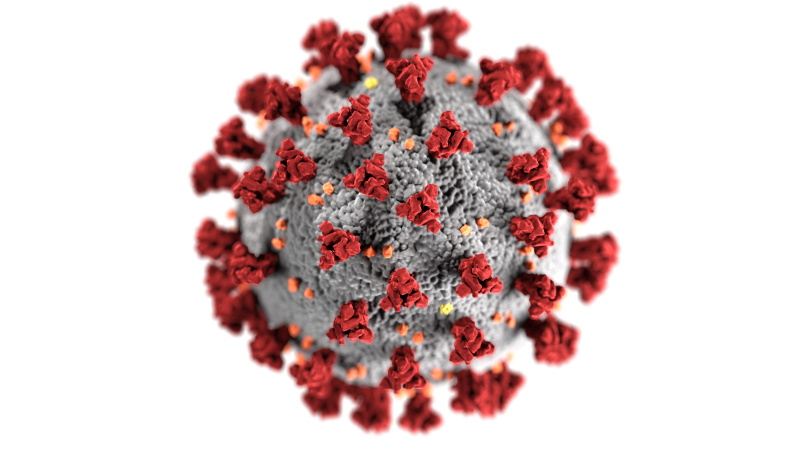The COVID situation in Sussex County is dim as cases continue to surge due to the Omicron and Delta variants’ continued spread through the community.
“COVID, right now, is challenging, to say the least,” said Dr. Paul Cowan, Beebe Healthcare’s emergency medicine specialist and chair of the Lewes Board of Health. “The Omicron variant is ravaging the country, ravaging the state. Our positivity rates are through the roof.”
Speaking at the Jan. 4 board of health meeting, Cowan said hospitals across the country are struggling.
“We’re full,” he said. “We’re kind of using every strategy we can find to create capacity to try and manage it. It’s tough.”
The difference between this spike and previous waves is the hospital is treating many more patients with non-COVID illnesses and conditions.
“As the world has reopened, we’re seeing all the things you would normally see with this significant overlay of COVID,” he said. “If we had no COVID patients in the hospital, we’d be busy but not over capacity. We are certainly over capacity now.”
Cowan complimented Beebe President and CEO Dr. David Tam and his team for finding extra capacity in its system.
“Whatever little thing we can do makes a difference,” he said.
The recent surge and strain on hospitals is not limited to Sussex County or even Delaware, he said, as he’s recently spoken to colleagues from across the country who are experiencing the same thing.
Beebe Healthcare and other Delaware hospitals do not identify which strain a COVID-positive patient is infected with, as those tests are performed by the state. Without knowing the strain, he said, it’s difficult to treat patients with monoclonal antibody treatments.
“The two [monoclonal antibody treatments] we have the biggest access to are not effective against Omicron; they’re effective against Delta,” he said. “The trick is to know who’s Delta and who’s Omicron, and that’s very difficult to do.”
Recent data has shown Omicron makes up the majority of positive cases, he said.
One monoclonal antibody treatment is effective against Omicron, he said, but it’s in very short supply in Delaware.
There is also an oral two-drug, five-day regimen called Paxlovid that is effective against Omicron, he said. However, it cannot be taken with certain medications, many of which high-risk patients often take, such as certain medications for cholesterol, high blood pressure, diabetes and others.
“It’s another tool in the toolbox, but maybe not as big a hammer as we had hoped for,” Cowan said.
The key to avoiding illness and hospitalization continues to be vaccination, he said.
“The good news is that for people who are triple vaccinated, those people seem to do very well with it,” he said. “They are sick for just a couple of days and otherwise are doing well. The people who are unvaccinated are really struggling with it. Those are the people who are getting hospitalized.”
Those who have received two doses of an mRNA vaccine but not a booster are typically sick for a little bit longer than those with three shots, he said. They also tend not to be hospitalized, he added.
Masking is also important, he said.
“It’s clear that a cloth mask, especially with regard to Omicron variant, is not very helpful in preventing the spread,” he said. “Surgical masks are more helpful, and clearly N95 or KN95 are the most effective means to prevent transmission.”
He said he hopes to see more people wearing masks, especially in crowded situations where movement is limited.
At the Jan. 4 meeting, Dr. James Marvel, a retired physician, asked Cowan about the criteria for admitting a COVID-positive person to the hospital.
“It’s largely based on oxygen saturation,” Cowan said. “If people have oxygen saturation that is above 90 percent, most of those people can go home. There are some high-risk people who will get admitted even if their oxygen saturation is in the low 90s, people who have significant co-morbid diseases.”
Board of health member Susan Maedler asked Cowan when he expected COVID to go away. To which he responded: Possibly never.
“COVID, in general, will never go away, I think,” he said. “I think it’s going to be something we live with, like we do with influenza.”
As for the current Omicron strain, he said data from South Africa, where the variant was identified in November, saw a precipitous drop in the last week or two, which is not typical for previous strains. He said the U.S. could follow a similar path, but noted conditions here are different and could affect how the disease runs its course.
“If we follow South Africa ... then Omicron drops out quickly sometime in February as opposed to April,” he said. “It’s a wait and see.”
















































